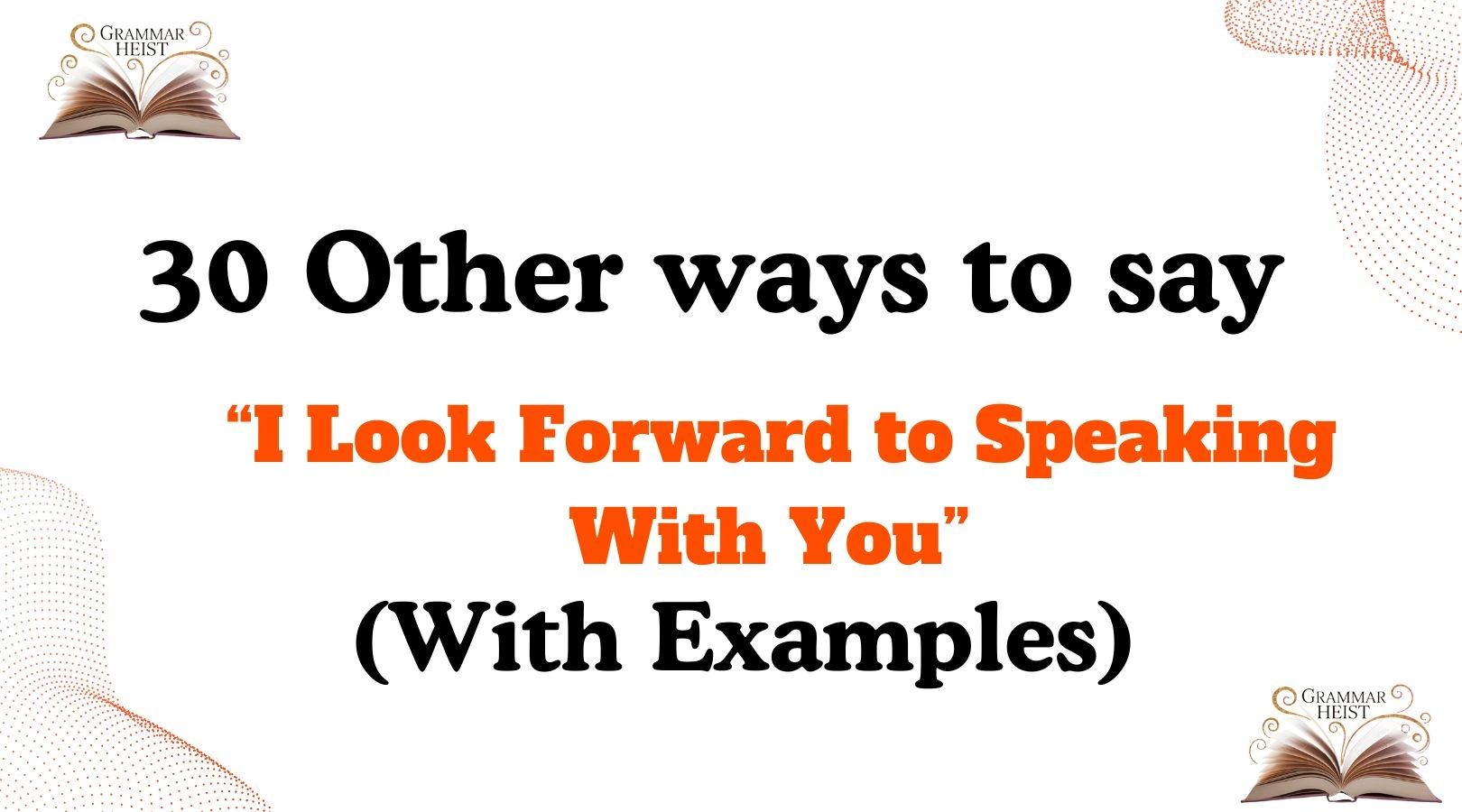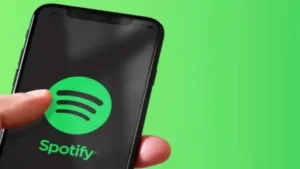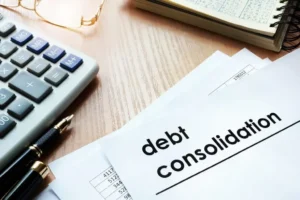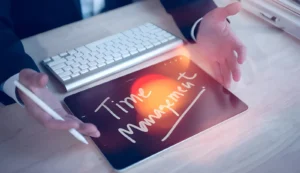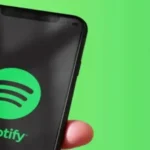When it comes to professional communication, finding the right words can make all the difference. Whether you’re sending a follow-up email, setting up a business call, or ending a job interview conversation, saying “I look forward to speaking with you” is polite—but sometimes, you want something that feels warmer, fresher, or more genuine.
In this article, we’ll explore 30 meaningful alternatives to help you express enthusiasm and professionalism in a natural and authentic way. These phrases can make your messages stand out while still sounding polite, thoughtful, and confident—perfect for emails, networking, or client conversations.
What Does “I Look Forward to Speaking With You” Mean?
The phrase “I look forward to speaking with you” is a polite expression used to show anticipation and respect before a future conversation. It communicates interest, professionalism, and enthusiasm for the interaction—whether it’s a meeting, interview, or friendly chat.
It’s commonly used in emails, cover letters, or business exchanges to end on a positive and courteous note, leaving the recipient with a sense of warmth and openness.
Is It Professional or Polite to Say “I Look Forward to Speaking With You”?
Yes, absolutely. It’s both professional and polite, and one of the most commonly used ways to end business communication. However, using it repeatedly can sound generic or overly formal, especially in more casual or friendly exchanges.
That’s why having alternative expressions helps you adjust your tone—depending on whether you’re emailing a potential employer, a client, or a colleague.
Pros and Cons of Using “I Look Forward to Speaking With You”
Pros:
- Sounds professional and polite
- Expresses eagerness and respect
- Works well in both formal and informal settings
Cons:
- Can sound repetitive or robotic if overused
- Lacks emotional warmth in certain contexts
- May not suit very casual or friendly messages
Key Takeaway
Using different variations of “I look forward to speaking with you” helps you sound authentic, thoughtful, and adaptable in any situation. It’s all about choosing the tone that fits your relationship, message, and intent.
Synonyms For “I Look Forward to Speaking With You”
- Can’t Wait to Talk With You
- Excited to Connect With You
- Looking Forward to Our Conversation
- I’m Eager to Speak With You
- Can’t Wait to Catch Up
- I’m Looking Forward to Chatting With You
- Excited to Speak Soon
- Eager to Connect
- I Appreciate the Opportunity to Speak With You
- I Look Forward to Hearing From You
- Can’t Wait to Discuss This Further
- Excited to Hear Your Thoughts
- Hope to Chat Soon
- Can’t Wait to Learn More
- Looking Forward to Our Discussion
- Eager to Continue the Conversation
- I’m Looking Forward to Meeting You
- Can’t Wait to Continue Our Talk
- Eager to Hear Back From You
- I’m Excited About Our Upcoming Call
- Looking Forward to Our Meeting
- Eager to Share My Ideas With You
- I Appreciate the Chance to Talk
- I’m Looking Forward to Your Insights
- Can’t Wait to Collaborate
- Looking Forward to Connecting
- Excited About Our Conversation
- Can’t Wait to Hear From You
- Looking Forward to Our Call
- I’m Grateful for the Opportunity to Speak
1. Can’t Wait to Talk With You
Scenario: Perfect for friendly or informal professional emails.
Examples:
- “I can’t wait to talk with you about the project!”
- “Can’t wait to talk with you soon—it sounds exciting!”
- “I can’t wait to talk with you and share ideas.”
Tone: Warm and enthusiastic.
Explanation: Adds energy and friendliness, great for casual conversations.
2. Excited to Connect With You
Scenario: Ideal for networking or professional introductions.
Examples:
- “I’m excited to connect with you and learn more about your work.”
- “Excited to connect soon and discuss how we can collaborate.”
- “Really excited to connect with you next week!”
Tone: Professional yet friendly.
Explanation: Shows genuine interest while keeping a polished tone.
3. Looking Forward to Our Conversation
Scenario: Suitable for interviews, meetings, or client calls.
Examples:
- “I’m looking forward to our conversation on Monday.”
- “Looking forward to our conversation and exchanging ideas.”
- “I truly look forward to our conversation about next steps.”
Tone: Polite and confident.
Explanation: A direct yet professional alternative to the original phrase.
4. I’m Eager to Speak With You
Scenario: Good for follow-up messages or interview confirmations.
Examples:
- “I’m eager to speak with you about the position.”
- “Eager to speak with you and discuss opportunities.”
- “I’m truly eager to speak with you soon.”
Tone: Respectful and professional.
Explanation: Conveys enthusiasm without sounding overly casual.
5. Can’t Wait to Catch Up
Scenario: Ideal for colleagues, clients, or friends.
Examples:
- “Can’t wait to catch up and hear how things have been.”
- “Looking forward to catching up next week!”
- “Can’t wait to catch up and chat more about it.”
Tone: Friendly and warm.
Explanation: Adds a personal touch for familiar relationships.
6. I’m Looking Forward to Chatting With You
Scenario: Great for semi-formal or relaxed communication.
Examples:
- “I’m looking forward to chatting with you tomorrow.”
- “Looking forward to chatting and hearing your thoughts.”
- “Can’t wait to chat soon!”
Tone: Casual but polite.
Explanation: Balances friendliness and professionalism.
7. Excited to Speak Soon
Scenario: Use when you’ve already scheduled a meeting.
Examples:
- “Excited to speak soon and learn more about your vision.”
- “Looking forward to speaking soon!”
- “Excited to speak soon and share updates.”
Tone: Positive and energetic.
Explanation: Great for upbeat, forward-looking conversations.
8. Eager to Connect
Scenario: Perfect for introductions or networking messages.
Examples:
- “Eager to connect and explore potential opportunities.”
- “I’m eager to connect with you this week.”
- “Eager to connect and share insights.”
Tone: Professional and enthusiastic.
Explanation: Suits emails where you’re meeting someone new.
9. I Appreciate the Opportunity to Speak With You
Scenario: Ideal for formal or post-interview messages.
Examples:
- “I appreciate the opportunity to speak with you about the role.”
- “Thank you—I appreciate the opportunity to speak soon.”
- “I appreciate the opportunity to speak with your team.”
Tone: Grateful and professional.
Explanation: Shows humility and respect, perfect for formal settings.
10. I Look Forward to Hearing From You
Scenario: Common in business or job emails.
Examples:
- “I look forward to hearing from you regarding next steps.”
- “Looking forward to hearing your feedback.”
- “I look forward to hearing from you soon.”
Tone: Polite and formal.
Explanation: Focuses on waiting for a response rather than a conversation.
11. Can’t Wait to Discuss This Further
Scenario: Perfect when you’ve already had an initial chat or meeting and are planning a follow-up.
Examples:
- “Can’t wait to discuss this further during our next call.”
- “I can’t wait to discuss this further and share a few new ideas.”
- “Looking forward to discussing this further soon.”
Tone: Confident and engaged.
Explanation: Shows continued interest and enthusiasm for ongoing dialogue, making it ideal for collaborations.
12. Excited to Hear Your Thoughts
Scenario: Excellent for when you’ve shared something and are awaiting feedback.
Examples:
- “Excited to hear your thoughts on my proposal.”
- “I’m truly excited to hear your thoughts about the presentation.”
- “Excited to hear your thoughts when you have a moment.”
Tone: Polite and curious.
Explanation: Invites engagement and makes the other person feel valued and respected.
13. Hope to Chat Soon
Scenario: Use this when you want to sound gentle and polite without pressure.
Examples:
- “Hope to chat soon about the next steps.”
- “I hope to chat soon and catch up properly.”
- “Hope to chat soon and continue our conversation.”
Tone: Friendly and approachable.
Explanation: Keeps your message open and casual, ideal for soft follow-ups.
14. Can’t Wait to Learn More
Scenario: Great when expressing curiosity or interest in another person’s work, project, or idea.
Examples:
- “Can’t wait to learn more about your team’s goals.”
- “I can’t wait to learn more about what you’re working on.”
- “Can’t wait to learn more during our upcoming meeting.”
Tone: Enthusiastic and positive.
Explanation: Adds genuine curiosity and motivation to connect meaningfully.
15. Looking Forward to Our Discussion
Scenario: Suitable for formal business meetings, presentations, or interviews.
Examples:
- “I’m looking forward to our discussion on the project updates.”
- “Looking forward to our discussion next Tuesday.”
- “I look forward to our discussion and your valuable feedback.”
Tone: Formal and respectful.
Explanation: Keeps professionalism intact while maintaining a positive tone.
16. Eager to Continue the Conversation
Scenario: Ideal when you’ve had a productive conversation and want to keep it going.
Examples:
- “Eager to continue the conversation and explore possibilities.”
- “I’m eager to continue our discussion next week.”
- “Eager to continue the conversation about partnership opportunities.”
Tone: Professional and motivated.
Explanation: Reflects momentum and a proactive attitude.
17. I’m Looking Forward to Meeting You
Scenario: Commonly used before an interview, client meeting, or networking event.
Examples:
- “I’m looking forward to meeting you in person next week.”
- “Looking forward to meeting you and discussing the proposal.”
- “I’m really looking forward to meeting you soon.”
Tone: Professional and friendly.
Explanation: Adds warmth to formal communication while remaining polished.
18. Can’t Wait to Continue Our Talk
Scenario: Great for informal or follow-up conversations after a good chat.
Examples:
- “Can’t wait to continue our talk next week!”
- “I can’t wait to continue our talk—it was such a great start.”
- “Can’t wait to continue our talk and dive deeper into the topic.”
Tone: Lighthearted and enthusiastic.
Explanation: Feels personal, great for maintaining friendly professional relationships.
Read More:30 Other Ways to Say “You’re Welcome” (With Examples)
19. Eager to Hear Back From You
Scenario: Perfect for follow-up or response-oriented emails.
Examples:
- “Eager to hear back from you regarding the proposal.”
- “I’m eager to hear back from you soon.”
- “Eager to hear back from you and move forward.”
Tone: Respectful and patient.
Explanation: A kind nudge without sounding pushy or demanding.
20. I’m Excited About Our Upcoming Call
Scenario: When you already have a scheduled call or meeting.
Examples:
- “I’m excited about our upcoming call and the chance to connect.”
- “Excited about our upcoming call tomorrow!”
- “I’m excited about our upcoming call to review the plan.”
Tone: Upbeat and professional.
Explanation: Builds anticipation and positivity ahead of a meeting.
21. Looking Forward to Our Meeting
Scenario: Use for formal meetings, presentations, or interviews.
Examples:
- “Looking forward to our meeting this Friday.”
- “I’m looking forward to our meeting and collaboration.”
- “Looking forward to our meeting and sharing progress updates.”
Tone: Neutral and professional.
Explanation: Safe, reliable, and suitable for most business contexts.
22. Eager to Share My Ideas With You
Scenario: When you’re preparing for a presentation, pitch, or interview.
Examples:
- “Eager to share my ideas with you in the meeting.”
- “I’m eager to share my ideas with your team.”
- “Eager to share my ideas with you and get your feedback.”
Tone: Motivated and confident.
Explanation: Shows initiative and enthusiasm to contribute.
23. I Appreciate the Chance to Talk
Scenario: Best for post-interview or appreciation messages.
Examples:
- “I appreciate the chance to talk with you about the role.”
- “I truly appreciate the chance to talk and share my insights.”
- “I appreciate the chance to talk—it meant a lot.”
Tone: Grateful and professional.
Explanation: Highlights humility and sincerity, perfect for thank-you notes.
24. I’m Looking Forward to Your Insights
Scenario: Use when you’re awaiting advice, feedback, or professional input.
Examples:
- “I’m looking forward to your insights on this proposal.”
- “Looking forward to your insights after reviewing the report.”
- “I’m looking forward to your insights and suggestions.”
Tone: Respectful and thoughtful.
Explanation: Acknowledges the recipient’s expertise and invites meaningful input.
25. Can’t Wait to Collaborate
Scenario: Great for teamwork or partnership-oriented emails.
Examples:
- “Can’t wait to collaborate on this exciting project.”
- “I can’t wait to collaborate and bring this vision to life.”
- “Can’t wait to collaborate with you again soon!”
Tone: Energetic and cooperative.
Explanation: Encourages teamwork and builds enthusiasm for joint efforts.
26. Looking Forward to Connecting
Scenario: Perfect for professional introductions or networking events.
Examples:
- “Looking forward to connecting at the conference.”
- “I’m looking forward to connecting and sharing ideas.”
- “Looking forward to connecting with you this week.”
Tone: Friendly and courteous.
Explanation: Keeps things open, professional, and warm for first-time connections.
27. Excited About Our Conversation
Scenario: Ideal before a scheduled meeting or discussion.
Examples:
- “I’m excited about our conversation tomorrow.”
- “Excited about our conversation and the insights we’ll share.”
- “I’m truly excited about our conversation next week.”
Tone: Positive and professional.
Explanation: Shows enthusiasm while maintaining composure and respect.
28. Can’t Wait to Hear From You
Scenario: Use when waiting for a reply or next steps.
Examples:
- “Can’t wait to hear from you about the decision.”
- “I can’t wait to hear from you once you’ve had a chance to review.”
- “Can’t wait to hear from you and continue our discussion.”
Tone: Friendly and anticipatory.
Explanation: Shows genuine eagerness without crossing professional lines.
29. Looking Forward to Our Call
Scenario: Use for confirmed phone or video meetings.
Examples:
- “Looking forward to our call tomorrow morning.”
- “I’m looking forward to our call and discussion.”
- “Looking forward to our call later this week!”
Tone: Professional and concise.
Explanation: A straightforward alternative for structured communication.
30. I’m Grateful for the Opportunity to Speak
Scenario: Ideal after interviews, conferences, or meaningful discussions.
Examples:
- “I’m grateful for the opportunity to speak with you about the position.”
- “Grateful for the opportunity to speak and learn from your experience.”
- “I’m truly grateful for the opportunity to speak with your team.”
Tone: Sincere and professional.
Explanation: A respectful and heartfelt way to express appreciation.
Conclusion
Finding the right words to express yourself matters more than most people realize. Whether you’re writing to a potential employer, new client, or colleague, the way you end your message can leave a lasting impression. Saying “I look forward to speaking with you” is perfectly polite, but choosing a fresh, thoughtful alternative can make your message feel more genuine, personal, and memorable.
Each of these 30 alternatives helps you match your tone—whether you want to sound friendly, professional, warm, or confident. For example, “Excited to connect soon” adds enthusiasm, while “Grateful for the opportunity to speak” conveys respect and appreciation. By being intentional with your language, you show not just professionalism, but also emotional intelligence—a quality that helps you build stronger, more meaningful connections.

Emma Rose is a dedicated writing expert with a passion for helping others enhance their communication skills. With a strong background in grammar, language structure, and style, Emma empowers individuals to write with clarity, confidence, and impact. Her approach combines a keen attention to detail with a supportive, personalized touch, ensuring each person she works with improves and grows in their writing journey.
